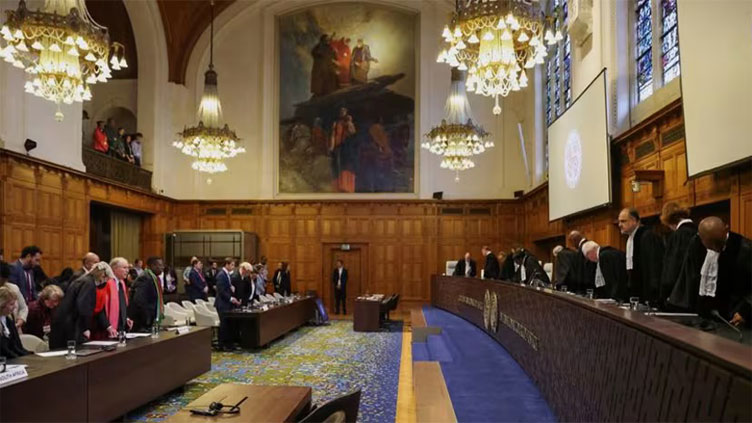Israel insists Rafah operation does not risk 'destruction of Palestinians'

World
Israel insisted its military operations in Rafah were in line with international law.
JERUSALEM (AFP) - Israel said Friday (May 24) that its military operations in Gaza's far-southern city of Rafah do not "risk the destruction of the Palestinian civilian population" after the top UN court ordered it to stop them.
The International Court of Justice ruled on Friday that Israel must halt activities "which may inflict on the Palestinian group in Gaza conditions of life that could bring about its physical destruction in whole or in part".
Israel rejected the grounds given by the court, insisting its military operations in Rafah were in line with international law.
"Israel has not and will not conduct military actions in the Rafah area which may inflict on the Palestinian civilian population in Gaza conditions of life that could bring about its physical destruction in whole or in part," National Security Adviser Tzachi Hanegbi said in a joint statement with the foreign ministry spokesman.
The court also ordered Israel to keep open the Rafah crossing between Egypt and Gaza, which it closed earlier this month at the start of its assault on the city.
"Israel will continue to enable the Rafah crossing to remain open for the entry of humanitarian assistance from the Egyptian side of the border, and will prevent terror groups from controlling the passage," the Israeli statement added.
South Africa brought the case before the ICJ last year alleging that Israel's Gaza offensive breached the 1948 UN Genocide Convention -- a charge strongly denied by Israel.
"The charges of genocide brought by South Africa against Israel at the International Court of Justice in The Hague are false, outrageous and morally repugnant," the Israeli statement said.
UN Secretary-General Antonio Guterres on Friday underscored that International Court of Justice rulings are "binding" after the top UN court ordered Israel to halt military operations in Rafah.
Guterres stressed that "decisions of the Court are binding and trusts that the parties will duly comply with the Order from the Court," his spokesperson said.
The ICJ's orders are legally binding but the court lacks direct enforcement mechanisms.


